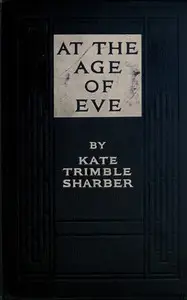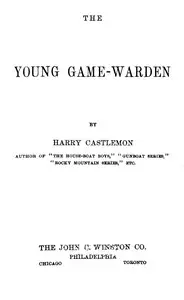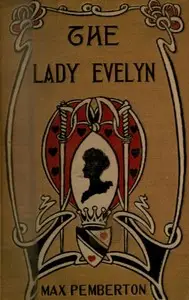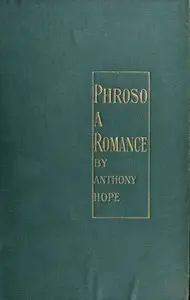"The Colonel's Dream" by Charles W. Chesnutt is a novel written in the early 20th century. This work explores themes of race, identity, and social change in the post-Civil War South, focusing on the titular character, Colonel Henry French, who returns to his hometown after a successful career in the North. The narrative delves into his relationships with both his past and the people he encounters when he comes back, offering a critique of the social dynamics and racial inequalities of the time. The opening of "The Colonel's Dream" introduces Colonel Henry French, who has just become wealthy after negotiating the sale of his business. We see him interacting with his partners, Kirby and Mrs. Jerviss, emphasizing the tension and anticipation surrounding the deal and the subsequent repercussions of his overwork. Following this, he embarks on a journey back to Clarendon with his son, Philip, where the past starts to merge with the present. As they arrive, French reflects on his childhood memories, revisiting transformative and nostalgic moments in the Southern town, setting the stage for his exploration of identity and belonging, which will undoubtedly shape his future endeavors. (This is an automatically generated summary.)

The Colonel's Dream
By Charles W. (Charles Waddell) Chesnutt
"The Colonel's Dream" by Charles W. Chesnutt is a novel written in the early 20th century. This work explores themes of race, identity, and social cha...
Charles Waddell Chesnutt was an American author, essayist, political activist, and lawyer, best known for his novels and short stories exploring complex issues of racial and social identity in the post-Civil War South. Two of his books were adapted as silent films in 1926 and 1927 by the African-American director and producer Oscar Micheaux. Following the Civil Rights Movement during the 20th century, interest in the works of Chesnutt was revived. Several of his books were published in new editions, and he received formal recognition. A commemorative stamp was printed in 2008.


















